Jewish Heritage Month
Many divisions of Jewish people exist throughout the world, and they all have unique stories that should be applauded
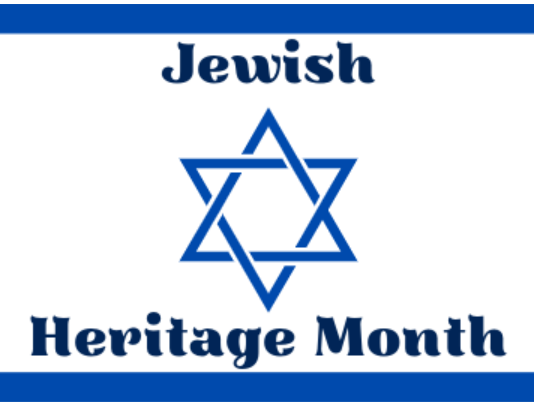
A picture for Jewish Heritage Month made on Canva.
May 25, 2023
LOS ALAMITOS, CA — America is a melting pot of cultures, each beautiful and different in their own way. Many Americans find it necessary to honor each group for their contributions to this country and to the world. While the month of May honors Asians, Pacific Islanders, Arabs, and other Middle Eastern ethnic groups, it also shines a light on the Jewish people. Although Jews are the smallest people group in the world, their contributions hold more weight than their numbers may imply. Their uniqueness makes them stand out in a way that should be acknowledged.
Before exploring the diversity of Jewish culture, their contributions, and what makes them proud of their identity, it is important to first know who Jews are as a whole. Jews are an ethnoreligious group; their identity as Jewish people is rooted both in their ethnic background and religious practices. In fact, they are the only people who have an ethnic and religious background intertwined – Christians and Muslims, for example, are defined solely by their religious identity.
However, not every Jew participates in Judaism – these people are known as non-practicing Jews. Non-practicing Jews still identify as Jewish despite not believing in the religion, partly due to a variety of other reasons including their ethnic background, being raised Jewish, or having a Jewish family. The Jewish identity is traditionally carried maternally; if your mother is Jewish, you are considered Jewish as well.
Jewish people are all throughout the world, and each type of Jew is both united and diverse in their Jewish identity.
In Central and Eastern Europe, Ashkenazi Jews inhabit the countries of Germany, France, Poland, Russia, and Ukraine. Nearly half of the world’s Jewish population identifies as Ashkenazi.
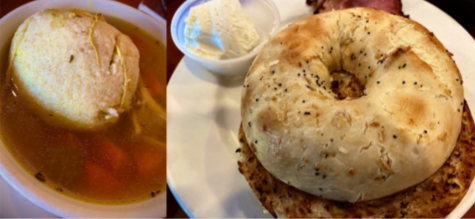
Ashkenazi Jews, despite the hostility and hatred they have faced in their home countries, have made significant contributions to science and medicine. While the Holocaust was an attack on all Jewish people, Ashkenazi Jews made up the majority of Jews affected. They were harassed by their neighbors, attacked by their local military, and removed from their own homes. The previously thriving Jewish population in Europe decreased at the hands of ruthless genocide.
However, these brave people stood strong for themselves and their families. Jewish people kept practicing their religious practices and engaged in their culture even from within the concentration camps. Some of them physically fought back against Nazi forces in armed uprisings. Many also took more subtle approaches to resistance by helping others hide or hiding themselves.
Many Jews living in Europe, and specifically Germany, immigrated to other countries to escape. Albert Einstein, a non-practicing Ashkenazi Jew, escaped to the U.S. after realizing that it was too dangerous to stay in Germany. Einstein’s ideas have substantially contributed to modern physics.
On the medical side of science, anyone whose irregular heartbeat was saved by a defibrillator has Ashkenazi Jewish-American Paul Zoll to thank. Referred to as the father of modern cardiac therapy, he invented the usage of electrical shocks as treatment for irregular heartbeats. His medical treatments have saved millions of people.
Besides Ashkenazism, another group of European Jews are Sephardic Jews. They are the Jews of the Iberian Peninsula, which includes Spain and Portugal. Both countries have been historically anti-Semitic, especially when Christianity became popularized.
The year 1492 is a significant date in Jewish history as it is when the monarchs of Spain enacted the Alhambra Decree, which expelled the entire Jewish population from Spain. However, this event was the cultivation of several anti-Semitic acts leading up to it, which included the forced conversion and deaths of many Jews in Spain.
Many Sephardic Jews were shocked by this; Spain was their home and had been the home of their ancestors as well. Jews had a notable influence on Spain and even had a large part in creating the traditional Spanish flamenco dance. Many flamenco songs speak of the Jewish experience, and the dance is only one example of the impacts that the Jews had on Spanish culture.
Hundreds of thousands of Jews became refugees. Many of them immigrated to Portugal, but their troubles didn’t end in Spain. Portugal banned Jewish people in 1496. A lot of the Sephardic Jewish population in Portugal were forced to convert to Christianity after the ruling monarch at the time, King Manuel I, declared that Jews who converted could remain living in Portugal without punishment of death.
The Sephardic Jews spread out across Europe and the Middle East following their expulsion. Some of them remained in Spain, but Spain’s anti-Semitic ways did not end after the Alhambra Decree. This came to light during World War II, when Spanish General Francisco Franco ordered his men to create lists of names of Jewish people living in Spain. Franco gave these lists, which consisted of thousands of Jews, to Nazis, yet he got rid of as many lists as possible after World War II in an attempt to cover up his heinous past.
Despite the constant removal from their homes, Sephardic Jews have still worked hard to create a positive effect upon the world. During the 2020 COVID-19 pandemic, the name Pfizer, an American pharmaceutical company, became well-known. The founder of this company, Albert Bourla, who just won the Genesis Prize for leading the development of the Pfizer–BioNTech COVID-19 vaccine in 2022, was born to Sephardic Jewish parents.
Though European Jews have mainly come to mind, their status as a diaspora group means they also went as far as Africa. These people are Maghrebi Jews, and this group is from or descended from, as the name implies, the Maghreb region of Northern Africa. The Maghrebi fit under the umbrella of Mizrahi Jews, which encapsulates Jews from North Africa, the Middle East, and Central Asia.
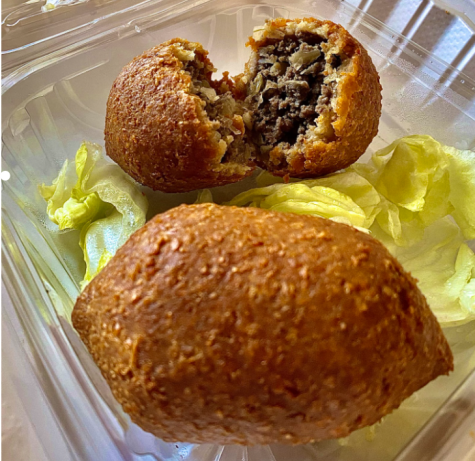
Maghrebi and Sephardic culture has blended and merged in many aspects due to Spanish Jews moving to Northern African countries in search of a home.
Throughout history, Maghrebi Jews, along with every other Jewish division, is no stranger to anti-Semitism.
Maghrebi Jews in Algeria and Tunisia specifically were strongly affected by the Nazi regime. They were extorted, deported, murdered, forced to wear identifiers, and many other cruel treatments. However, that’s not to say that the Maghrebi in other countries were safe – unfortunately, nearly all of the Jewish population of the world has experienced anti-Semitism.
Despite the cruelty that the Maghrebi Jewish community has been treated with, they still extend an inviting hand to respectful people willing to join them in their culture. This is especially observed in the holiday of Mimouna, which is a celebratory dinner held the day after Passover. This holiday is mainly celebrated in Morocco, but many other countries have a community that celebrates it. Many Maghrebi Jewish families are hospitable toward their non-Jewish neighbors and invite them to join in on festivities.
Speaking of groups coming together, Jewish people of Arab countries including Morocco and Iraq came together under the shared identity of Mizrahi Jews to fight the discrimination they faced in Israel. The Israel Black Panther Party, named after the African American group, assembled because the North African and Middle Eastern Jews were treated as inferior to the European Ashkenazi Jews.
They were excluded from positions of political power, viewed as unsophisticated and primitive, and earned less from jobs than their European counterparts. The group brought government attention to the issues that forced Mizrahi Jews to stay in the lower class and revealed the ethnic and class discrimination that ran rampant in Israel.
Regardless of if someone is practicing or non-practicing, their identity as a Jewish person should be commemorated. The stories of Jews all over the world represent their victory over anti-Semitism. This article is only the tip of the iceberg of the thousands of stories and communities that make up the diversity of being Jewish.

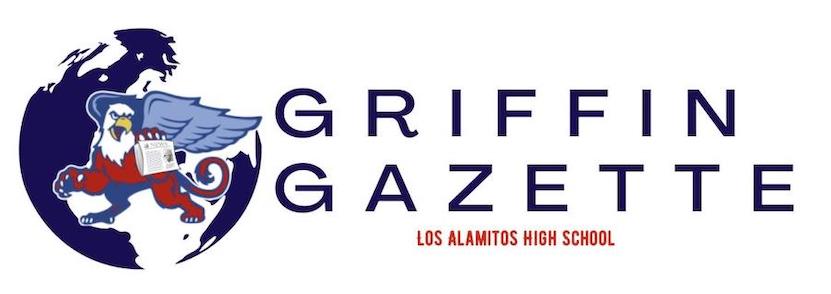
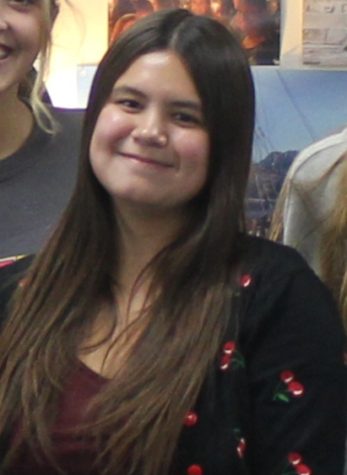


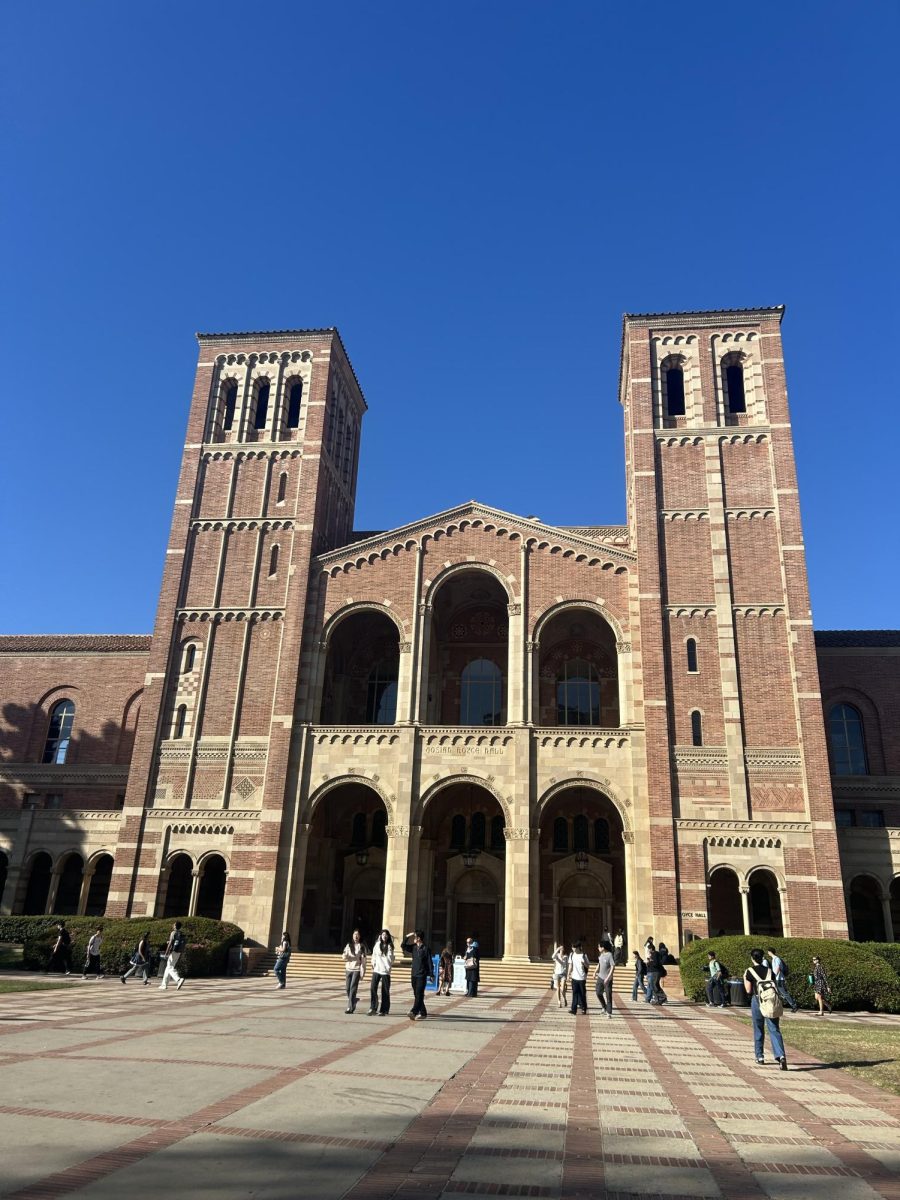

Katie Arnoult • May 30, 2023 at 10:19 am
I love this article, amazing job Jordan! I learned so much about Jewish culture!
Sydney Forsyte • May 26, 2023 at 8:09 am
Jordan, this article is so well thought out and interesting! I love how much work you put into it!